Am I a Bad Gay?
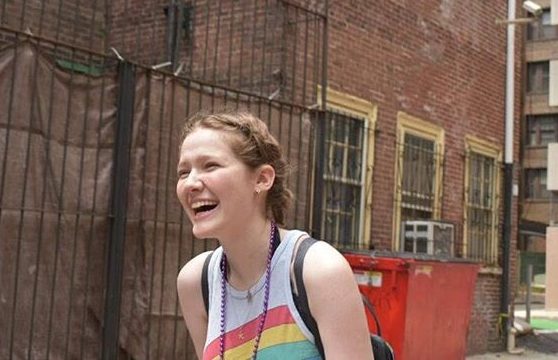
I’m gay, but honestly, I think we all knew that. I never really had to come out of the closet, as everyone just assumed that I was gay once I started hanging out with this group of ‘alternative’ senior girls and shaved my head. Even before I began openly discussing my sexuality, my friends would tell me about how people asked them if I was gay and if I was dating anyone in the school. I’m not going to say I enjoyed this; it all seemed to symbolize institutionalized stereotypes of the community rather than depict a positive reflection of the person I presented myself to be.
Because of the assumptions, I oscillated between joy and fear. I wondered about how people’s perceptions of me would alter once my identity was rooted in fact rather than rumor. I thought that I had two groups of people I had to please: my LGBTQIA+ friends and my straight ones. In retrospect, the idea that I had to please anyone proved I had some serious internalized homophobia to unlearn. But, back then, it was all about trying to make my identity more “stomachable” for others.
I distinctly remember one time when my friends were talking about the boys at our school. When I started talking about the girls I was attracted to, I was met with silence and a quick loop right back to the strictly male-dating pool. So, I suppressed bringing it up in conversation unless I was with my other friends who openly talked about their identities. Even then though, I would mostly just listen in rather than add to the conversation, feeling a terrible jumble of imposter-syndrome and inexperience fill my being.
After a while, the question was no longer whether or not I was proudly gay, but whether or not I was “gay enough.” When I went to my first Pride, I felt this unbelievable sense of guilt for not knowing the meanings of the different flags when my friend asked me about them. It all seemed so simple at first, as if I could just like girls and that would suffice. As time went on, engagement in the community and an understanding of its collective history became apparent as essential facets of my gay identity. I’m not saying this was a check-in-the-box type of thing though. As with most things, I sought beyond perfunctory involvement; I wasn’t about to walk into Big Gay Ice Cream, take a picture next to a unicorn, and call it a day. I did what I felt was right, and by that, I mean I read every possible article on the New York Times concerning LGBTQIA+ individuals and put books like The Price of Salt and Maurice on my reading list. I subscribed to Human Rights Campaign on Youtube and studied the opinions of those who oppose the community in order to strengthen my own belief in its beauty and vitality. Despite me feeling absolutely wonderful about these efforts though, something continues to bother me in the back of my mind: why do I feel ambivalent toward RuPaul’s Drag Race?
There are certain facets of the community that seem to be universal, and an obsession with Drag Race is undeniably one of them. Back when I suppressed my sexuality, I didn’t feel guilty about not watching it; now, I regret not keeping up with it every week and stalking the internet for episode spoilers. Just to clarify, it’s not that I dislike the show, it just doesn’t really interest me. Every time I watch it with friends though, I feel so terribly ashamed for not laughing at the queens’ jokes and feeling no investment whatsoever in the events of the episodes. One time, my friend jokingly said to me, “If you don’t like Drag Race, are you even gay?” It seemed like something I could simply brush off to the side, but I dwelled and dwelled on that comment for months.
So, here I am with a central facet of my undying, internal debate: am I a bad gay? There definitely are better reasons for me to feel this way; I don’t know all there is to know about LGBTQIA+ history, and I still haven’t managed to read Gender Trouble by Judith Butler. Yet, I continue to return to this part of my person that doesn’t quite understand “voguing” or the tongue pop, and I cannot help but feel that I am simply not the right type of gay.
The other day, my friend was talking about how he read that homosexuality may be a genetic trait. He made a joke about how all of his cells were probably death-dropping, and then he started to say, “Oh, your cells would be,” but he couldn’t follow it up with anything. He couldn’t think of a single part of me that was “gay enough.” I wanted to sit down and just cry in that moment. I wanted to scream and show him how I checked the Human Rights Campaign website every morning for new articles and watched interviews of LGBTQIA+ individuals – old and young – every week to learn more about it all. But, somehow, even if these actions showed to me how invested and proud I am of myself and of the community, they wouldn’t be enough.
On the whole, I don’t think my position in my identity is necessarily bad, but I do think the way I view myself sheds light on how “gayness” is viewed by the broader world. There is a perceived collection of implicitly “right” and “wrong” ways of being openly gay, which essentially proves that there is also a collection of “right” and “wrong” ways or reasons to accept those who are gay. For example, buying a Singing Valentine for your straight male friend because you want your gay male friends to make him feel embarrassed is wrong. You aren’t supporting your friends’ identities; you’re taking advantage of how they express themselves to entertain yourself. Shipping your two gay friends even if they don’t have feelings for one another isn’t supporting gay relationships; it’s generalizing the complexities of their sexualities and chaffing their identities. And, for hopefully the last time, commenting “We stan a gay queen!!” on a girl’s coming out post and then worrying if she has a crush on you, is not in fact “stanning a gay queen”.
We all have things to work on. I, myself, am trying to remove myself from heteronormativity and internalized homophobia; I know, sounds so easy! I’m also working on accepting that I don’t fit every gay stereotype there is, and that there is nothing wrong with that. But, I’m not trying to end this article saying that everything is okay, everything happens for a reason, etc. It’s not right that I felt forced to hide my expression of my “gayness”, and it’s not right that I still feel guilty about my place in the gay community. If we don’t start being genuine allies, the number of people like me who feel trapped between the intersection of identities will only continue to grow.
This modern age of “woke culture” needs to recognize what true acceptance of the LGBTQIA+ community is. Regardless of how many rainbow themed items you own, pictures you post of you and your token gay, or “yas queen” exclamations you make, the fact of the matter is that support is not singularly about telling LGBTQIA+ people you’re okay with their identity. It’s about knowing that your beliefs cannot fundamentally alter their identities and understanding that they are individuals with just as much humanity and complexity as everyone else.




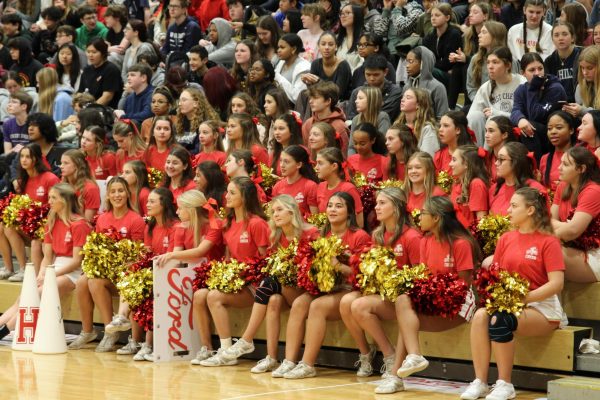

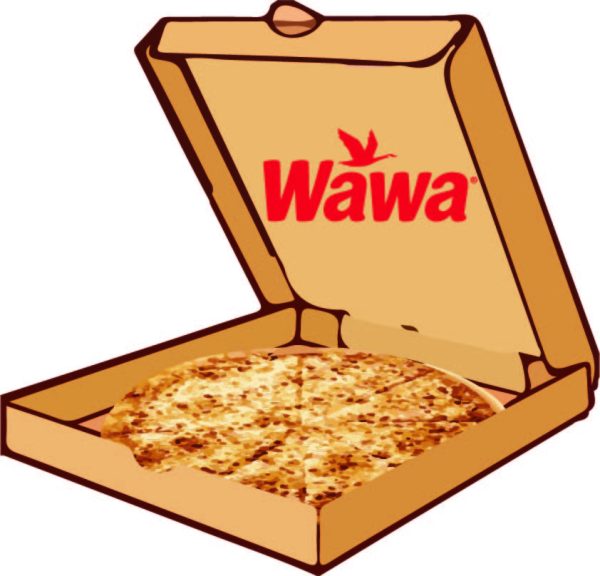
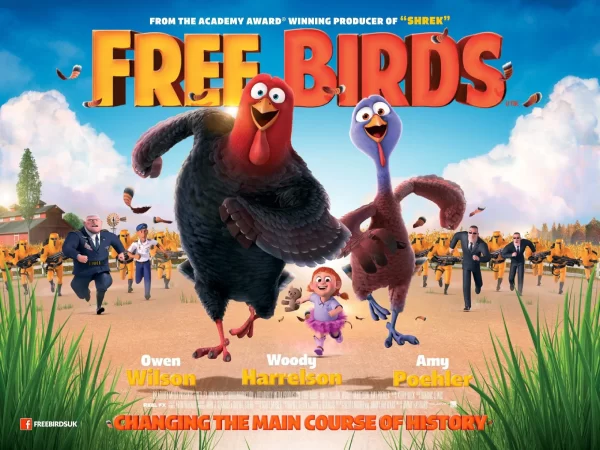
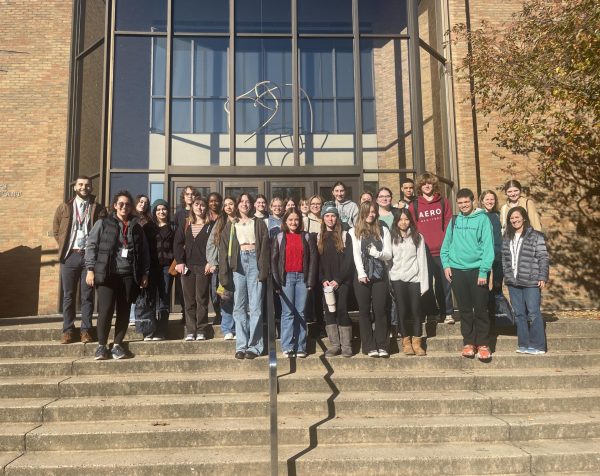
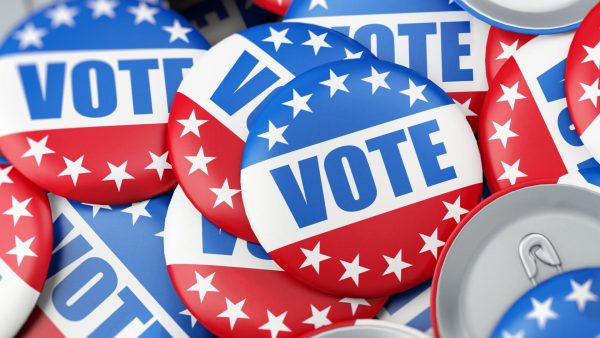
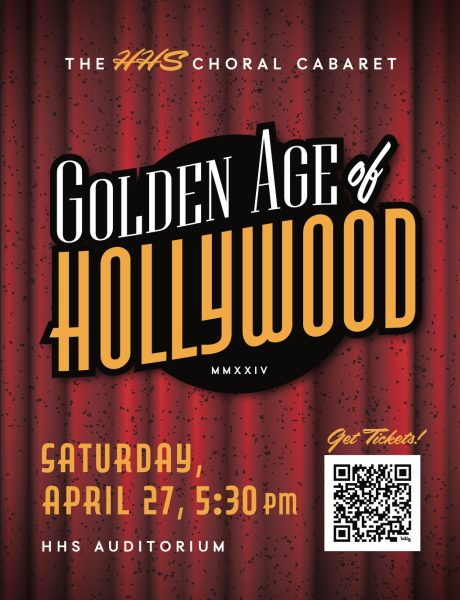
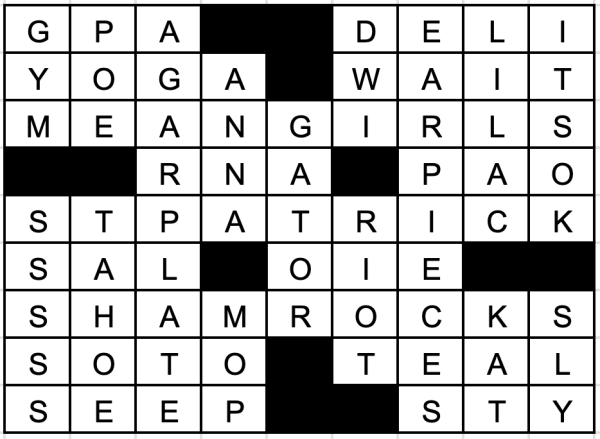
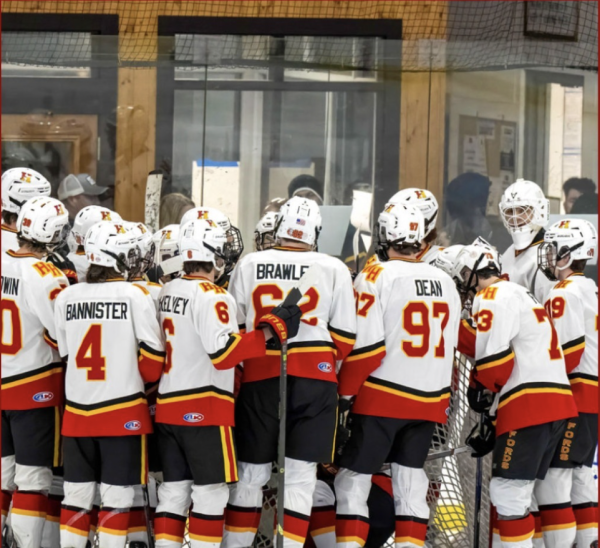
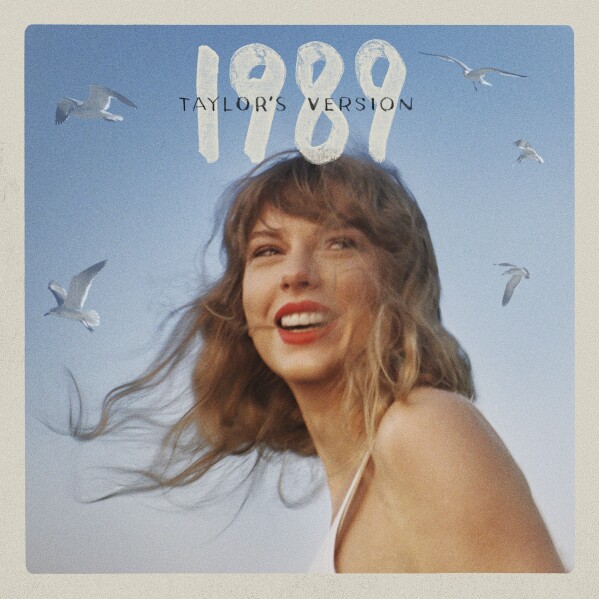
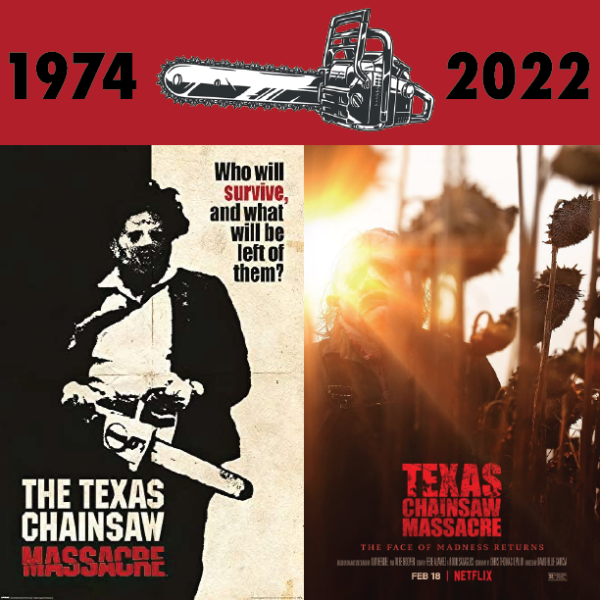
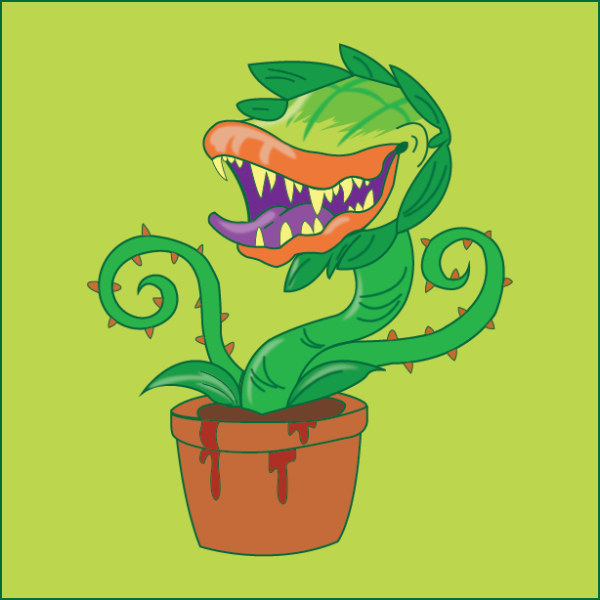
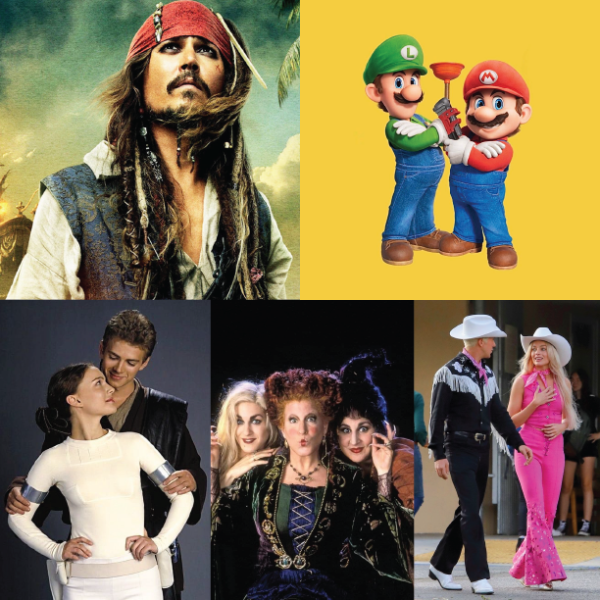
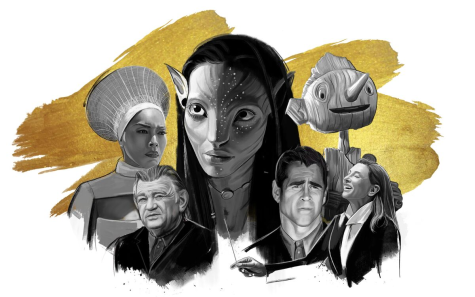
Jade M • May 24, 2019 at 12:29 pm
Absolutely beautiful piece Mable, it was eyeopening.
Elsley • Mar 29, 2019 at 5:03 pm
Wow. This is how I have been feeling for the past year, and it was really helpful to read this. Thank you so much, I absolutely loved this.
Jake Fittipaldi • Mar 7, 2019 at 11:24 pm
I really loved this piece. Never seen anything like it on The Fordian before. So happy for The Fordian staff!!! You guys are doing incredible.